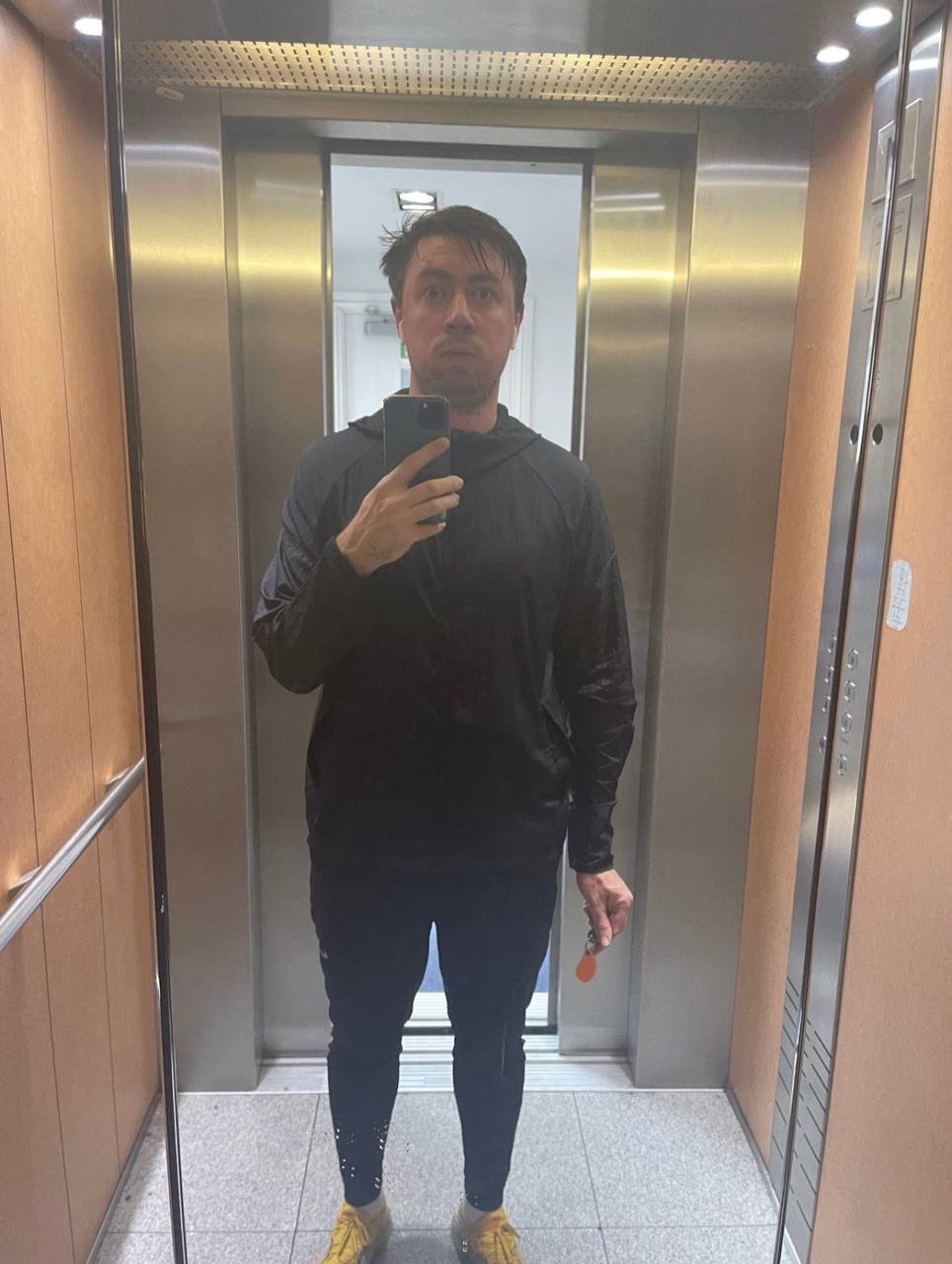
|
Runner Interview |
Can you give a brief introduction about yourself?
My name is Pavlo Pedenko. Before founding my company, Mathema.me, I helped build products at Wise, Preply, and MacPaw. I also co-founded KOLO, a Ukrainian tech community charity fund.
What inspired you to become an entrepreneur/startup founder?
I am driven by the impact I can create. Sometimes, it's easier to achieve this through entrepreneurship, and other times, by being an employee. What motivates me is the positive change my work brings.
What problem does your startup aim to solve?
We take the hassle of managing a tutor off parents' shoulders.
Can you describe your startup in a single sentence?
We are helping kids to excel in maths by matching them with a vetted maths tutor.
How did the idea for your startup come about?
My co-founder was searching for a new business idea after shutting down his previous edtech startup. He was specifically looking for a large, underserved market with stable demand.
While many platforms address the language tutoring problem, no one has managed to solve the maths tutoring problem on a global scale. I knew that because I worked at Preply, the largest language tutoring marketplace.
We put together a landing page, and bought some traffic from Meta. The rest is history.
The first version of our product was simply a Google Spreadsheet and Google Calendar, where we managed all the lessons.
What's the most unique aspect of your solution or business model?
Parents have plenty of concerns, and managing their kids’ tutors shouldn’t be another one on the list. We built a platform that vets and onboards tutors, while also helping to maintain consistent schedules so parents don’t have to adjust their own calendars.
When everything runs smoothly, kids take lessons at the same time with the same tutor and can consistently track their progress.
It sounds simple but to achieve this we have to solve lots of operational problems. Many of them are yet to be figured out!
At the moment, we facilitate 40,000 lessons per month.
What’s the most challenging aspect of building your startup?
Deciding between going VC or bootstrap.
Our timing wasn’t ideal. We started in 2021 when it was easy to raise funds, but we chose to bootstrap. Then in 2023, when we decided to raise, AI had become trendy again, and VCs lost interest in 1:1 tutoring. We secured 70% of the round but ultimately chose to leave the money on the table and continue bootstrapping. To do that, we had to significantly cut our expenses and headcount.
How have you overcome obstacles and challenges in your journey so far?
As a founder, you have to learn to focus on things that are far from exciting. Last year, when we were running out of money, I think we spent more time figuring out how to optimize payment provider commissions than on building a great product for our customers.
Entrepreneurship is about constantly being proactive on issues you might avoid if you were just an employee.
What's the most valuable lesson you've learned as a founder?
Energy management is crucial. It’s not just about waking up at 5am to gain more time to do more things; it’s about designing your life in a way that helps you stay resilient when things inevitably go wrong.
How do you manage work-life balance, especially with the demands of a startup?
Ignore conventional wisdom and focus on what makes sense for your company. Avoid falling into the “grow-at-all-costs” trap too early, especially when you haven’t yet solidified your foundations.
Growth is important, but it’s impossible to sustain it if you burn out too early in your founder journey.
What’s the next big milestone for your startup?
We’re ramping up in Poland, our second biggest market, and aim to generate 50% of GMV from that market alone.
What advice would you give to aspiring entrepreneurs or startups?
Make sure you spend time solving problems you genuinely care about. While it may be relatively easy to build something that generates some revenue, staying motivated while scaling something you’re not personally invested in is much harder. Don’t waste your energy on projects that don’t excite you.
Any ideas on how we could improve Seed Run?
Introduce more distances. I live in Haggerson and have to travel for an hour to run 5km. I would happily commute to run 21km but 5km is just soooo short!
Sign in To ask a question


